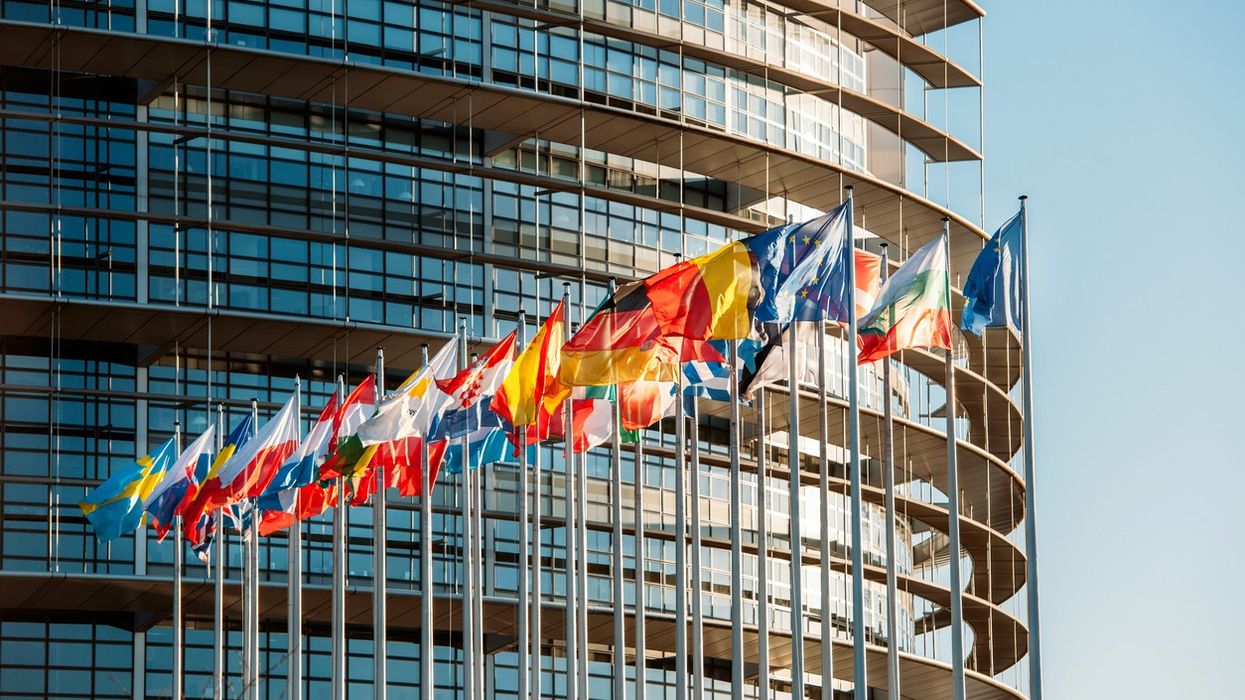Generally speaking, the most powerful clubs in the English Premier League vote in ways designed to ensure that the financial playing field in the division remains as uneven as possible.
So it comes as no surprise that the two Manchester clubs, City and United, plus Aston Villa – who are on the brink of qualifying for their first-ever Champions League appearance, voted against the introduction of a spending cap in the EPL.
Perhaps more surprisingly, 16 Premier League clubs DID vote in favour of a spending cap, with Chelsea abstaining from the ballot.
So what does this mean for the future of the EPL?
Upsetting the Status Quo?
The Premier League winner odds for the 2023/24 season reveal all we need to know about the current health of the EPL.
Most pre-season Premier League tips opted for Manchester City to defend their crown. These predictions have been accurate so far as Pep Guardiola’s side find themselves 2/5 favourites to lift the trophy. Their nearest rivals – Arsenal (2/1) and Liverpool (250/1) – were expected to finish 2-3 before a ball had even been kicked.
Premier League clubs have agreed in principle to introduce a spending cap, with a final vote expected in June. #BBCFootball #PL pic.twitter.com/JoYxDfvvth
— BBC Sport (@BBCSport) April 29, 2024
The most common predictions have played out so accurately because money buys success in football, with the trio mentioned amongst the most free-spending EPL clubs alongside the frivolous Chelsea and Manchester United.
Imposing a spending cap on Premier League clubs would, in some way, help to redress the balance between the haves and the have-nots – even if critics of the new rules say they won’t go far enough to create a meritocracy in English football’s top division.
What is the Premier League Spending Cap?
Although the actual directive of a spending cap has not been fleshed out, it’s likely that the new financial regulations will be introduced in time for the 2025/26 season – replacing the current Profit & Sustainability Rules (PSR) model.
The new spending cap would limit how much a club is allowed to spend each term on transfer fees, player salaries and other costs, with a blanket maximum limit set – one proposal is that the broadcast revenue of the EPL’s lowest-earning club is used as the guideline, with a cap of either four or five times that amount introduced (an amount thought to be worth around £500 million).
Under the current PSR system, clubs are allowed to lose up to £105 million in a three-year accounting period, although that amount can be offset against commercial gains – for the elite clubs with huge fanbases around the world and wealthy backers, it means they can spend more than their rivals.
Those that break the rules can be subject to a series of stiff penalties - in the case of Everton and Nottingham Forest this season, that has meant damaging points deductions.
The new spending cap would ensure a leveller playing field – something that the two Manchester clubs have, naturally, voted against.
At the time of writing, the 16 Premier League clubs had only voted in favour of a spending cap – the actual financial model is yet to be designed. The 20 top-flight outfits will vote again, probably at an AGM in June, to determine the specifics of the new rules.
So exactly what the future holds is, as of yet, unknown, although the feeling is that the biggest clubs in the Premier League could see their financial advantage eroded in the years to come.

















